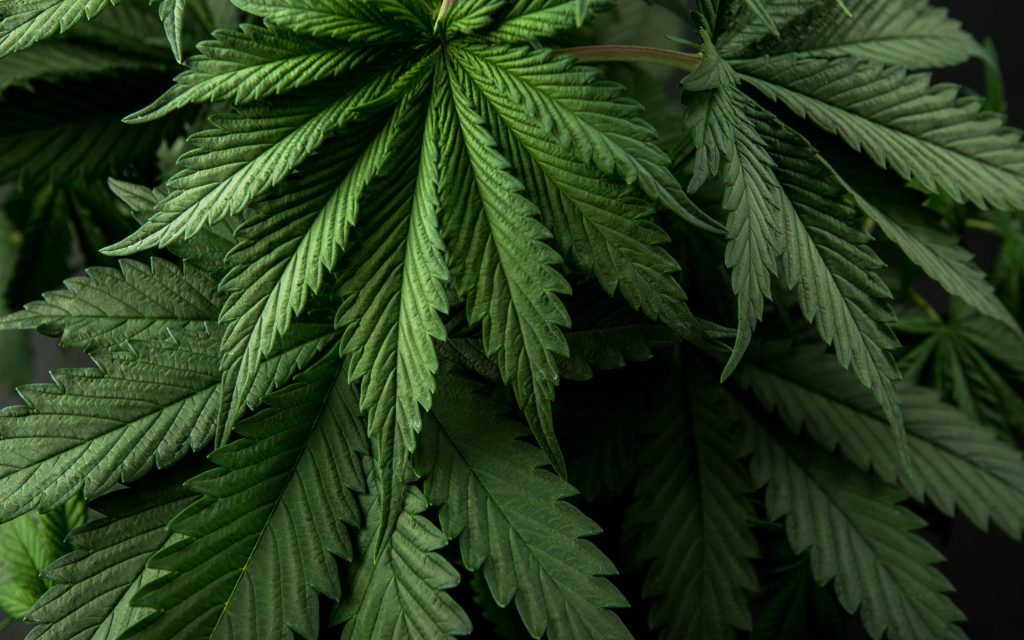ZeaKal, a San-Diego biotech startup that neatly tweaks genetic crop traits to improve their rates of photosynthesis, has just publicly revealed it closed a Series C financing round.
Totaling $15 million, the round includes the $10 million strategic investment from Canopy Rivers announced earlier this year. Existing investors Finistere Ventures and Middleland Capital participated in the round, which was oversubscribed.
Adding to all the funding fanfare, Finistere also proudly boasted how it had been playing corporate cupid, matchmaking ZeaKal with an “ideal fit” for a leadership position. That ideal fit turns out to be long-time DuPont high flyer Paul Schickler, who will take on a top-level role at Zeakal driving strategy and partnerships.
A match made in Finistere
Before ZeaKal, Schickler served in various high-powered roles during a four-decade tenure at DuPont Pioneer, which has since become Corteva Agriscience after DuPont’s merger with Dow Agroscience. Signs of close ties and cross-fertilization between Corteva and ZeaKal are hardly too surprising; the companies announced a joint collaboration earlier this year to develop and test ZeaKal’s proprietary PhotoSeed technology. PhotoSeed uses a novel mechanism for increasing a plant’s intrinsic photosynthetic capacity. PhotoSeed plants can harvest more sunlight and fix more carbon dioxide, the company claims, which allows for significant improvement in seed and grain yield. PhotoSeed also improves seed composition quality by increasing both oil and protein content. For farmers, this means increasing productivity and profitability without additional inputs, the company claims. For consumers, it means agriculture that can deliver better nutrition on a smaller environmental footprint.
Schickler’s hire to the leadership team is “a significant milestone for the company,” noted ZeaKal Founder and CEO Han Chen, in a statement sent to AFN late last night: “We are extremely grateful that Finistere Ventures, our long-term investor and supporter, was able to bring us together.”
With multi-year field trials across a range of crops already demonstrating success, his company plans to use the funding to widen its commercial focus so producers, farmers and consumers alike can benefit from a more sustainable ag ecosystem.
“We’ve spent a lot of time examining bottlenecks to plant growth, and ZeaKal’s technology relieves a major one: carbon assimilation inefficiency,” added Spencer Maughan, co-founder and partner, Finistere Ventures in a statement. “Partnering with ZeaKal since its inception as its lead investor and working closely with Paul Schickler over the years, we look forward to helping navigate the next phase of ZeaKal’s growth as it uses the latest funding to roll out its technology across multiple crops.”
High hopes for hemp
These crops include soy, perennial ryegrass, and rice. Yet as my AFN colleague Jessica Pothering previously reported, much of the interest from Canopy Rivers is in hope of ZeaKal introducing its PhotoSeed to cannabis and hemp. The plant science for both these crops is apparently “decades behind” other crops that have been produced legally for far longer.
“This is one of the most exciting technologies I’ve seen since being in the sector. We find a trait like this every decade,” Mary Dimou, director of business development at Canopy Rivers told AFN in June. “Cannabis is 80 years behind every other crop. But there are low hanging problems that can be solved with existing technology, and we’re constantly looking for companies from other agri-sectors with technologies that we can translate to cannabis and hemp to help it evolve.”
Identifying techniques to boost plants’ photosynthetic capacity—the conversion of sunlight and carbon dioxide to energy — has been a target of billions of dollars of research and has generally eluded scientists. ZeaKal’s team had the good fortune of achieving it accidentally.
ZeaKal’s founders actually set out to solve a different problem, according to Pothering’s report in June. The team was introduced at AgResearch, a premier agricultural research institution in New Zealand, and was set on trying to solve a very local issue: improving the nutrient content of perennial ryegrass, the primary feed source for New Zealand’s dairy cows.
In the cannabis sector, ZeaKal and Canopy Rivers expect to see PhotoSeed have an impact on plants’ oil production, which would boost production of cannabinoid—the chemical compound that interacts with the brain.
Beyond the technology’s potential in supporting new or better cannabis-derived products, what Canopy Rivers and ZeaKal hope PhotoSeed can do for the cannabis and hemp sectors is speed up modernization and standardization.
As I noted in my report yesterday on the Series A of British medical marijuana and CBD company Cannaray, the global industry is set for impressive growth: The global legal marijuana market size is expected to reach 66.3 billion by the end of 2025, according to a report released by Grand View Research, Inc. It is anticipated to expand at a growth rate of 23.9% during the forecast period. Increasing legalization and use of marijuana in medical as well as recreational applications is expected to promote growth.
(To get a sense of what this growth potential looks like in Asia, check out my colleague Joe Gan’s “mini-guide.” For the US, see this special report on “Hemp Week” from AFN’s Lauren Manning.)





